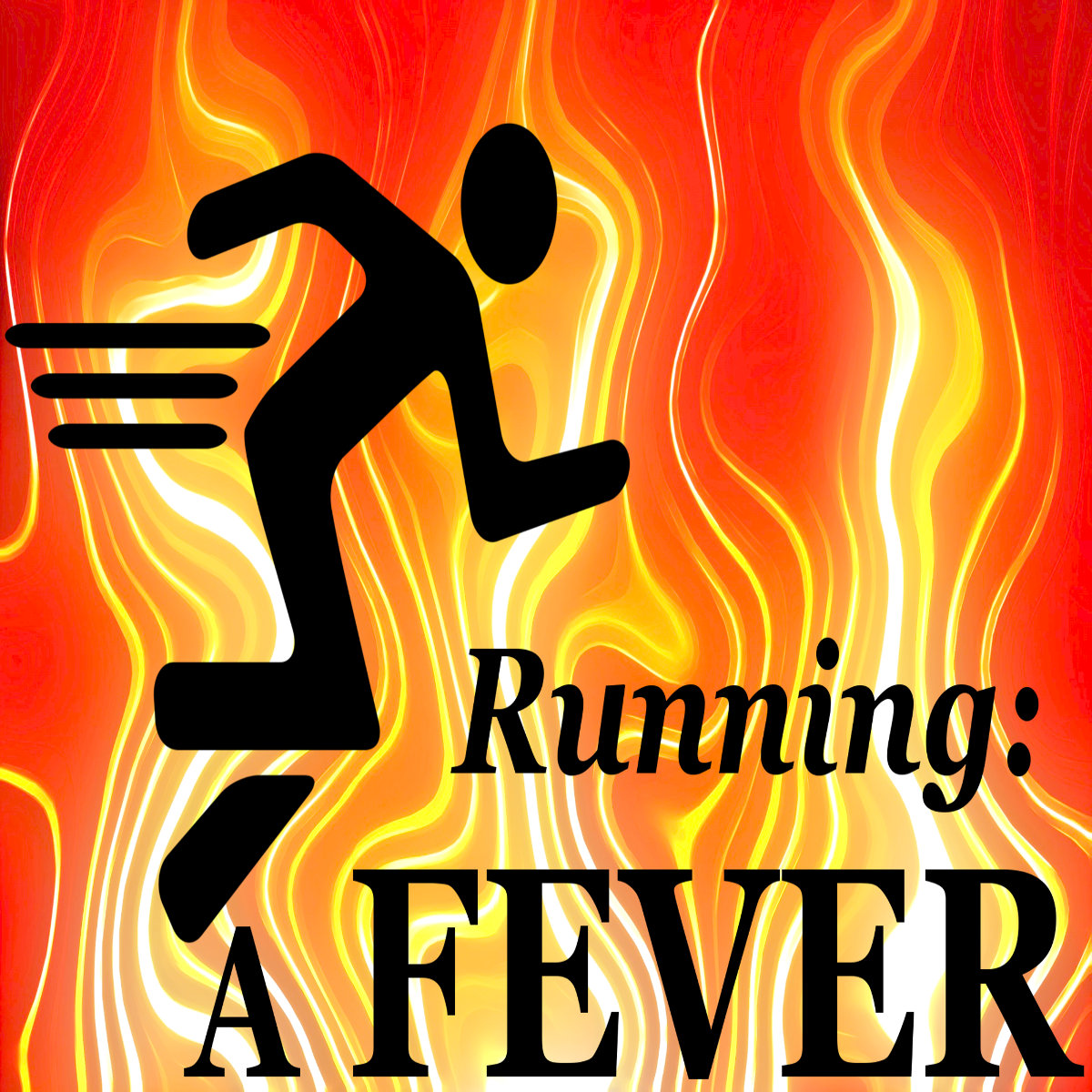Welcome to the 11th in our 17-part series on dementia. About 50 million people suffer from dementia worldwide. It is a debilitating disease, but it may be preventable. So I’ve set out to learn as much as I can and bring you along with me.
For the first few chapters of the series, we talked about dementia itself, the different types, symptoms, and a little about prevention. We have switched to some more fundamental concepts about the brain. In the last episode, we talked about how memory works. Today we’ll focus specifically on how aging affects the brain.
The main effect aging has on the brain is causing the brain’s nerve cells, called neurons, to die. I’ve always heard that excess alcohol intake can kill brain cells, and I’ve even heard that sneezing can do that as well. But it’s amazing to me that we can lose brain cells just by standing still. Our bodies are constantly replacing dying cells with new ones, except in the brain, where for some reason, once you lose that cell, it is forever gone.
There is some light amid this dark idea. Studies show that new neurons can grow in the Hippocampus, which, as we learned in part 10 of this series, episode 233, performs the critical function of encoding information from our senses and writing it to memory. It also plays a role in learning, which can help prevent dementia by keeping the brain active.
In a gross aspect, an NIH article says that brain volume reduces by about 5% per decade after age 40. But this volume decrease may not be connected to the reduction in neurons.
If you’ve been paying attention to the series, you already know that incidence of dementia increase with age, as does stroke and memory impairment. Memory impairment is the most common of these effects. Sex hormones are also affected, especially in women at menopause.
The good news is that you can slow the reduction in several ways, and we will have several episodes covering these, including #232 which is already available at RunningAFEVER.com/232.
References:
Outsmart Dementia. (2020). The latest tools for controlling cognitive health — preventing dementia and Alzheimer’s disease. Morton Grove, IL: Publications International, Ltd.
https://www.ncbi.nlm.nih.gov/pmc/articles/PMC2596698/
